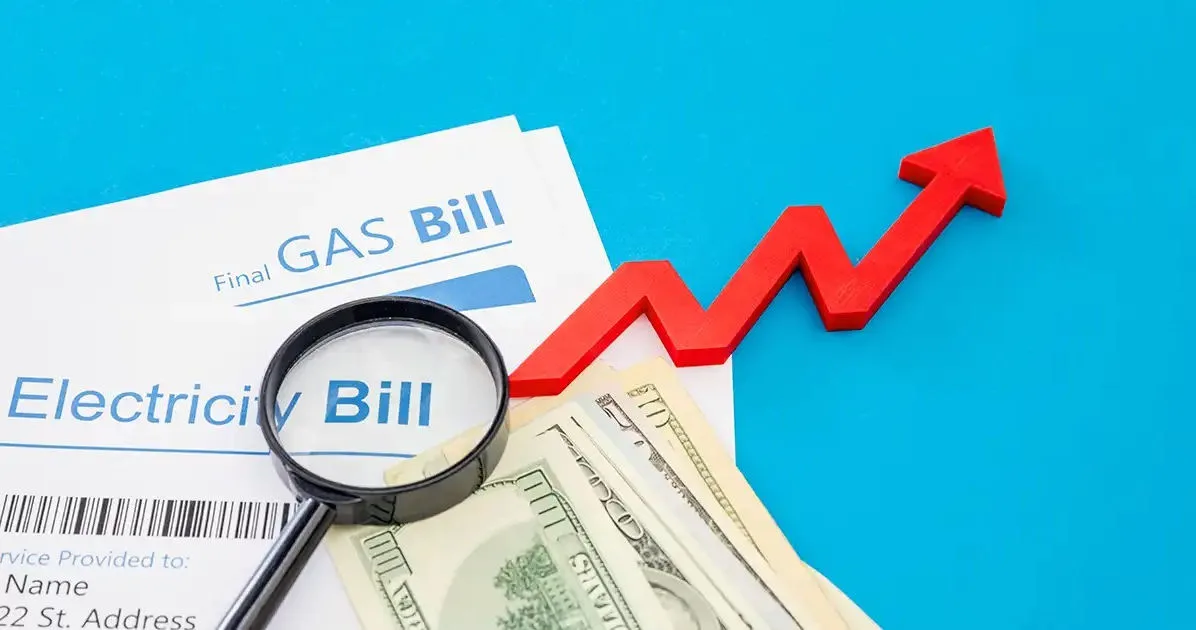Starting from October, households in Ireland will see a significant increase in their electricity bills, with an additional €100 per year to fund essential investments in the national electricity grid. This decision, approved by the Commission for the Regulation of Utilities (CRU), aims to support the ongoing development and maintenance of the electricity network, ensuring a resilient and uninterrupted supply for consumers.
The CRU has justified this increase by highlighting the need for continuous investment in the electricity grid, operated by EirGrid and ESB Networks. The funds will be used to build, maintain, and operate both the transmission and distribution networks. This investment is crucial as Ireland transitions towards a decarbonized society, requiring a robust and modernized electricity infrastructure.
The new charges will add approximately €8.42 per month to household electricity bills, translating to an annual increase of around €100. This rise comes after a period of no increases last year, which was due to an adjustment for under-recovery from large energy users. The CRU emphasized that this adjustment had previously resulted in households subsidizing big businesses’ electricity bills, a practice that has now been corrected.
However, the decision has sparked criticism from various quarters. Sinn Féin spokesperson for the Environment, Climate, and Communications, Darren O’Rourke TD, has condemned the government’s approach as regressive. He argues that ordinary workers and families are being disproportionately burdened by these increases, especially given that electricity prices in Ireland are already among the highest in Europe. O’Rourke calls for a more equitable distribution of costs and a reform of the current system to ensure that the financial strain is not unfairly placed on households.
The increase in network charges is in addition to the Public Service Obligation (PSO) levy, which is set to cost each household more than €40 over the year. The PSO levy is intended to subsidize the generation of electricity from renewable sources such as wind and solar power. Critics argue that the implementation of these charges has been deeply regressive, with ordinary households bearing the brunt of the costs.
The CRU has acknowledged the financial impact on consumers and encourages households to renegotiate or switch suppliers to find the most suitable tariffs. This advice aims to help mitigate the effects of the increased charges and ensure that consumers can manage their electricity costs more effectively.
